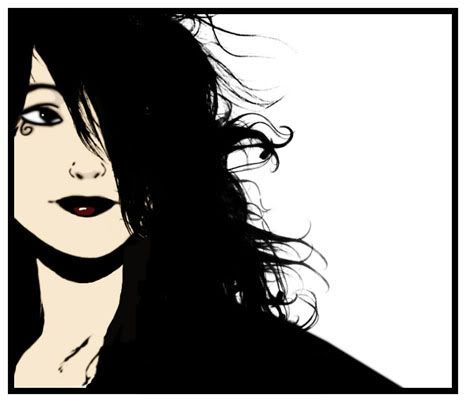
Writers are murderers. This is an established fact. But I would contend that only bad writers kill characters on a whim, “just because”. If you look at good writing, a character death is never accidental, never flippant. It’s a calculated move. And, if you’re attached to said character or characters, after the initial shock, if you think about it, you can nod and say “Yes, that was a good death.”
Spoilers ahead, obviously.
Character deaths are even better when they are the result of character decisions and actions, cause and effect, leading to that terminal point. I think of The Wire as a good example of this. Some of the character deaths may seem senseless, in one case even random, but a moment’s thought puts the violence in context, and the realization comes that every bullet is the final result of a series of choices made by the characters. Especially since good writers go out of their way to realize their characters as people, we can understand why those decisions were made, even if we don’t agree with them.
A Song Of Ice And Fire is notorious for character deaths, but here is another example of characters dying more as a result of deicions made by themselves or others, rather than seemingly at the whim of the author. The deaths are just as calculated, but the arithmetic is obscured by deep characterization and excellent dialog. Consider the death of Tywin Lannister. Here is a man who had power and ambition, but also cunning and charisma. He definitely made enemies, and burned a lot of bridges, but for a while, he seemed almost untouchable. But many of the decisions he made were disadvantageous for his second son, Tyrion. He underestimated the fury and calculation of his malformed child, and even when the terminal point was reached, Tywin’s pride does not allow for him to do anything other than confront Tyrion directly and boldly. Neither man backs down and, in the end, it’s the one with the crossbow that walks away.
So. Character deaths. Let’s talk about them. What has stood out in your mind as a good death for characters? Which have seemed pointless, or badly executed? How powerful is death when applied from a writer’s toolbox?



